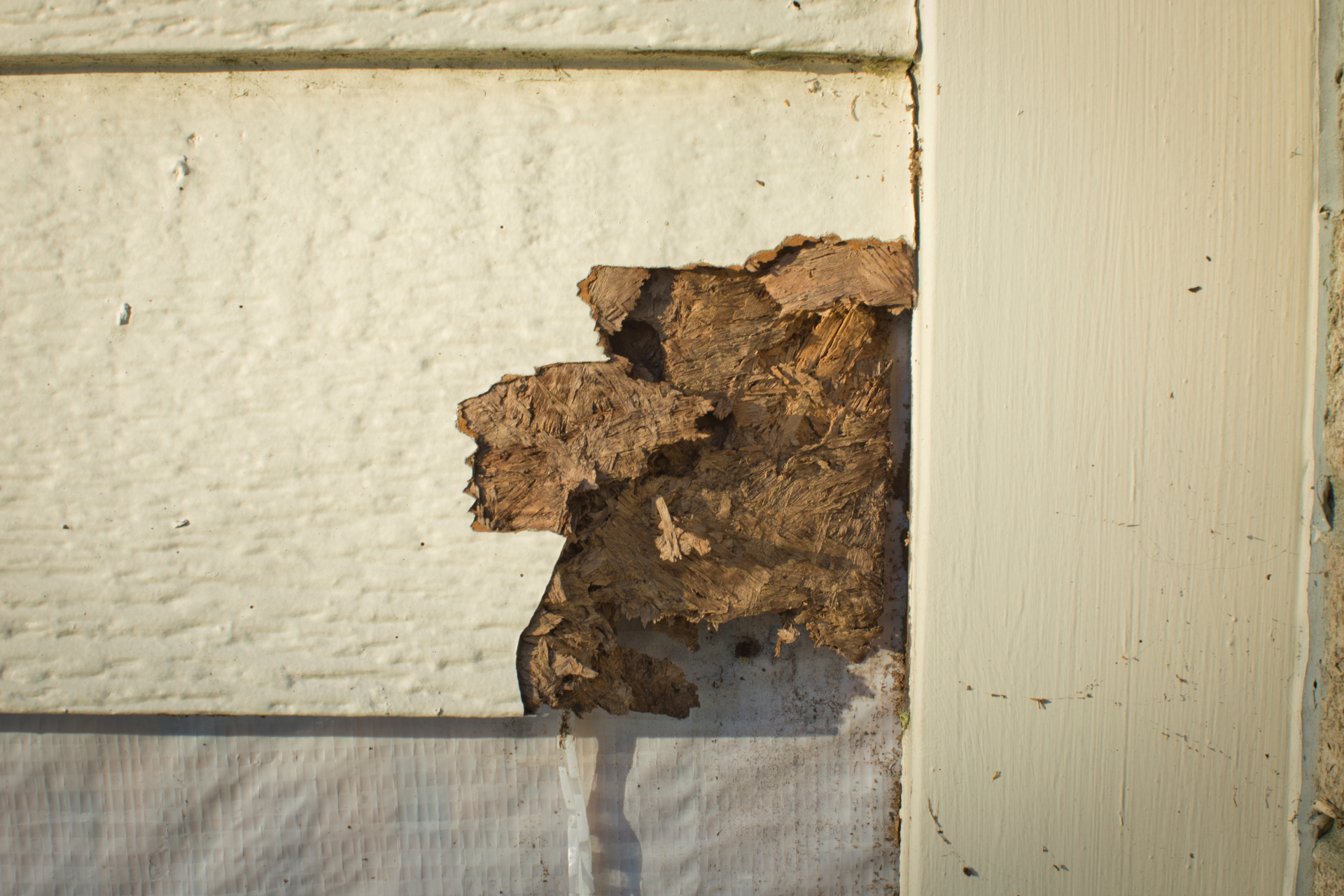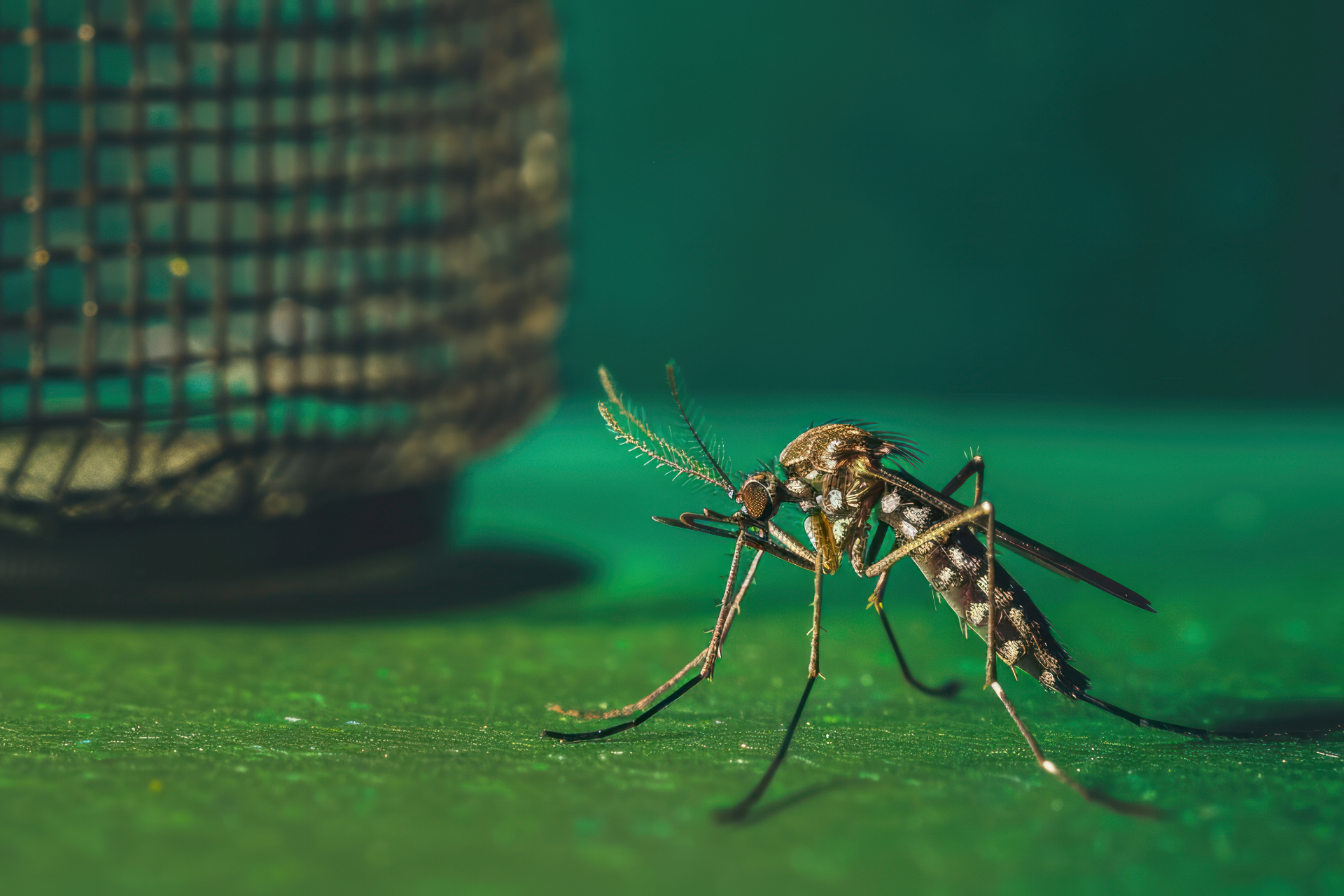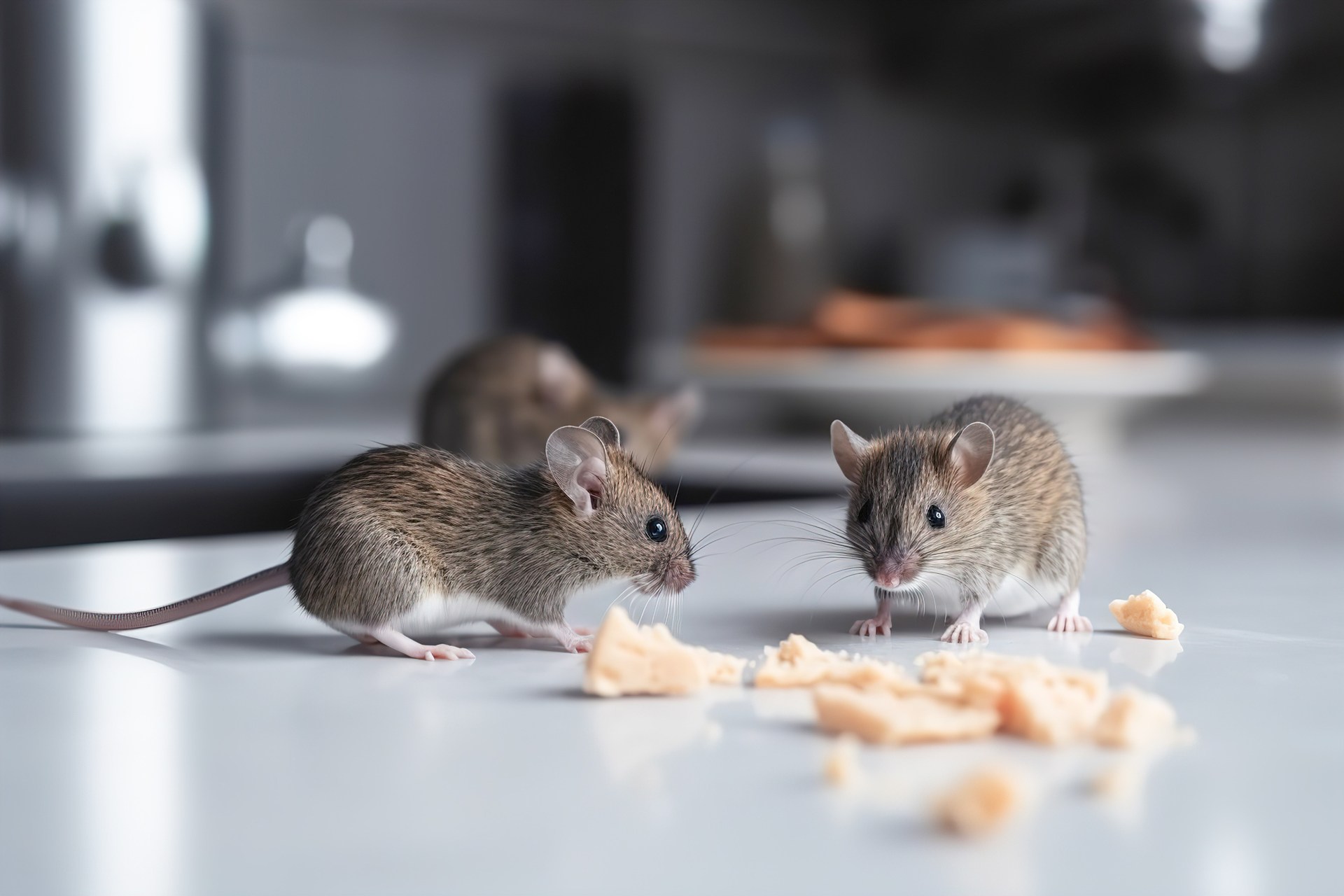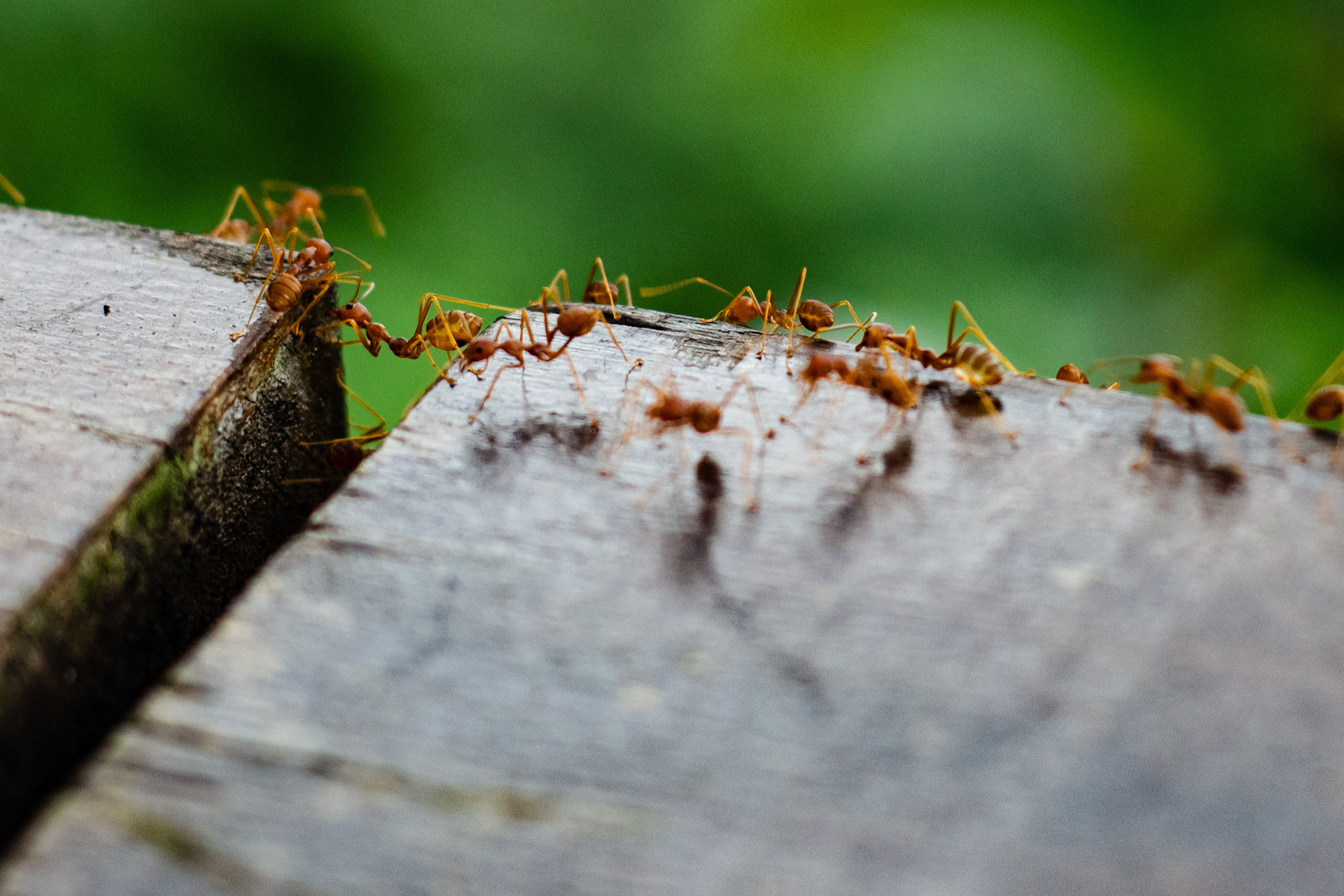Are Mosquitoes More Attracted To Certain People?
You may have heard people say, “I’m a mosquito magnet!” as they furiously scratch at clusters of bites while someone else in the group remains untouched by the same creature. It turns out that it isn’t in their heads. Some people really do attract these pests.
Some of that could have to do with the color the person is wearing at the time. Researchers now believe mosquitos are genetically coded to seek out certain wavelengths of light. For instance, human skin emits red-orange light regardless of melanin production. As a result, these thirsty insects are attracted to those colors and are more likely to seek you out if you’re wearing colors in the orange to red range. Certain mosquito species also seem to like violet colors. Dark colors like black and navy tend to stand out, so people in dark clothing are likelier to be bitten. Researchers found that if you’re hoping to repel mosquitos, khaki-like colors are your best bet.
Pregnant women seem to be one of the groups who suffer the most from the increased magnetism of mosquitos. Researchers think that’s because their body temperatures are typically higher, and the biting insects are drawn in by the warmth. That’s part of why they tend to bite near the head and feet since those areas have higher skin temperatures. Pregnant women also exhale more carbon dioxide, which brings the mosquitoes in too.
While it seems unfair, they prefer men. Men tend to be larger and often emit more body heat. Women, however, are more likely to wear floral perfumes that draws them in.
Some flies, which are evolutionary very close relatives of mosquitos, can detect temperature changes of just a hundredths of a degree, helping guide them. In fruit flies, a receptor called the IR21a helps guide them to cooler areas when they are overheating; scientists believe mosquitos use that same thermostat to detect warm blood.
Body temperature, however, is just a short-range cue; others help draw them in from further distances. Mosquitos, it turns out, also have extremely sensitive olfactory systems. Scientists believe the insects can smell your breath from 55 yards away. Carbon dioxide is a big draw since it’s emitted when animals exhale. Mosquitos can detect even extremely minor changes in carbon dioxide content present in the air and follow that sense to a meal.
The problem, however, is that most organisms produce carbon dioxide, and mosquitos don’t want the blood of just any animal; they’re on the hunt for warm-blooded creatures, and some prefer humans in particular. Since seeking out carbon dioxide alone wouldn’t be enough; these insects have developed a keen sense for other smells too. They’re attracted to certain chemical compounds found on human skin and emitted in our sweat. Some other chemicals these vampiric creatures seek out are lactic acid, which is emitted when we exercise, and ammonia, which is present in our sweat.
Mosquitos also seem interested in the acetone smell, which is usually associated with nail polish remover. That scent is also associated with diabetics. The liver makes acids called ketones. The levels of those ketones increase during the fat-burning process, which is kicked into high gear when your body doesn’t get enough glucose. Since people with diabetes don’t absorb glucose properly, their bodies burn fat instead, developing more ketones that emit the smell of acetone. The same thing happens with people on the Keto diet. People who either have diabetes or going through that diet may notice they get bitten more. People with diabetes who use insulin treatments also have higher body temperatures, which draws the biters in too.
Mosquitos also seem to be attracted to the smell left behind by other mosquitos. Researchers have found that certain species prefer to feed on animals infected with dengue or to carry the parasite that causes malaria. That affinity for the smell emitted by those viruses could be what leads them to spread so far and wide, as more mosquitos pick up the illnesses as they bite infected people or animals, then spread that to their next bite victims.
Some other factors are harder to predict or control. Mosquitos are attracted to certain body odors over others, with the main factors being genetics and bacteria on the skin. A study conducted at New Mexico State University discovered that mosquitos were drawn in by the scents of identical twins’ hands yet not attracted to the hands of non-identical twins. Another study found that the higher the microbes on a person’s skin levels, the less attractive they became to mosquitos. That doesn’t mean you should stop showering, though; remember, mosquitos can smell your sweat, too. Researchers have found that mosquitos are twice as attracted to Type O blood as Type A, another thing you simply can’t control.
One thing you "can" adjust is beer consumption. Mosquitos like people who drink beer. Other weird ones include Limburger cheese and smelly feet.
If you’ve got a
mosquito problem, don’t sit around waiting and hoping the bugs magically disappear.
Contact At Ease Pest to take care of the issue for you.
Troutman Branch
694 South Main Street
Troutman, NC 28166
704.761.9697














